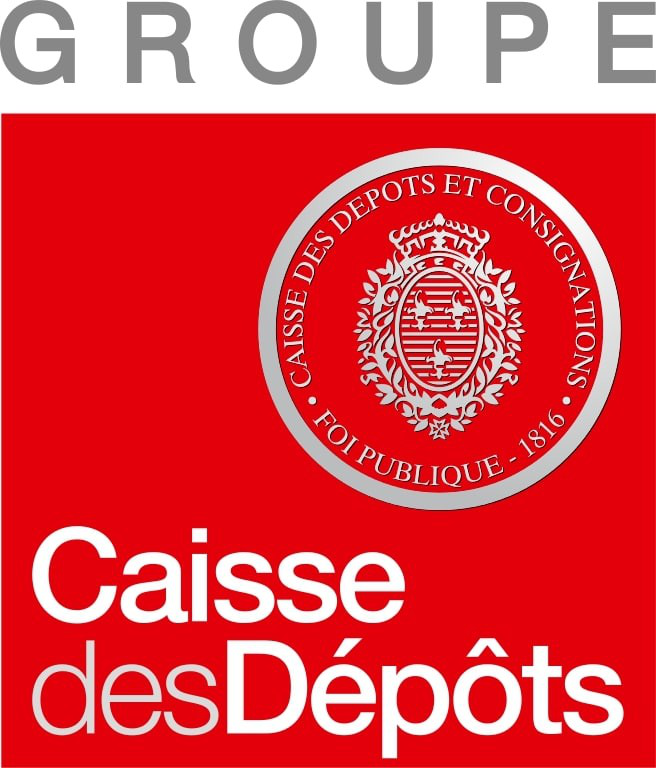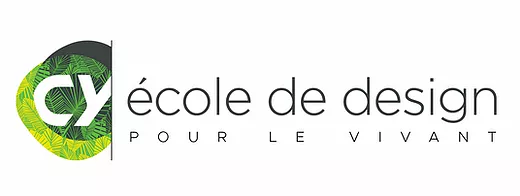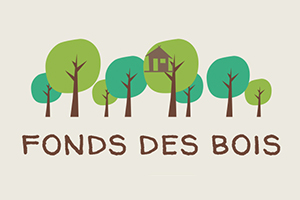Published : Tools
Qu’est-ce que VisualSedimentation.js ?
Visual Sedimentation.js est une librairie javascript open source qui permet de visualiser des flux de données en temps réel ou en temps différé. Ces flux peuvent être issus de conversations sur des réseaux sociaux, de fils RSS de sites internet, de journaux, ou encore de comptes email.
Comment fonctionne VisualSedimentation.js ?
Inspirée par le processus de sédimentation [...]
Read this post
Published : Tools
MetaData Player est spécifiquement conçu pour lire et écrire des métadonnées associées à des contenus audiovisuels diffusés sur le Web. Le MetaData Player permet aux gestionnaires de sites (webmaster) de présenter des annotations sur flux temporels de manière légère et flexible.
L’interface utilisateur donne accès aux informations suivantes : chapitres, annotations, tags contextuels, résultats du moteur de [...]
Read this post
Published : Tools
The Web becomes largely audiovisual, in this context how to expose these contents with metadata synchronized to the AV stream? How to bring search engines results onto precise AV segments instead on a global audio or video program? How to share time-based favorites on social networks? This rely partly on the evolution of web standards [...]
Read this post
Published : Tools
Le Web devient de plus en plus audiovisuel, dans ce contexte comment rendre visibles ces contenus avec des métadonnées synchronisées au flux ? Comment faire pointer les moteurs de recherche sur des segments précis et non sur la vidéo complète ? Comment partager des moments favoris sur les réseaux sociaux ? Tout ceci repose en [...]
Read this post
Published : Tools
MétaData player is designed specifically to read and write (next version) time-based metadata related to an Audio/Video stream in a web context. MétaData player allows users and Webmasters to present time-stamped annotation in a flexible online environment.
The user interface gives an information layer on the time line and the media, like : chapters, highlighted [...]
Read this post
Published : Tools
You will find here the sum of the « timelines » produced on Lignes de Temps during IRI’s workshops on the annotation of movies:
You can edit and add content to these annotations by yourself: contact@iri.centrepompidou.fr.
Read this post
Published : Tools
Introduction :
Lignes de temps is a two-part software : the system and the interface
-the system part is « invisible » to the user, it enables him to save his work (notes, editing, rough-cut edits) into a file. It runs the codecs through which videos are imported. The video is encoded and thus readable via the interface. The [...]
Read this post
Published : Tools
The Lignes de Temps software takes advantage of the analysis and synthesis possibilities offered by digital media. Inspired by the « timelines » commonly used on digital editing benches, Lignes de Temps offers a graphic representation of a film, revealing from the outset, and in extenso, its cuttings. Lignes de Temps offers in this a new access [...]
Read this post
Published : Tools
Le logiciel Lignes de temps met à profit les possibilités d’analyse et de synthèse offertes par le support numérique. Inspirées par les «timelines» ordinairement utilisées sur les bancs de montage numérique, Lignes de temps propose une représentation graphique d’un film, révélant d’emblée, et in extenso, son découpage. Lignes de temps offre en cela un accès [...]
Read this post
Published : Tools
Introduction :
Le logiciel Lignes de temps est composé de deux parties, que l’on appellera système et interface.
– La partie système est « invisible » pour l’utilisateur et permet d’enregistrer son travail (notes, découpages, bout à bout) dans un fichier. Elle permet aussi de lancer les programmes nécessaires à l’import d’un fichier audio ou vidéo. Ces programmes encodent [...]
Read this post

 in english
in english en français
en français










